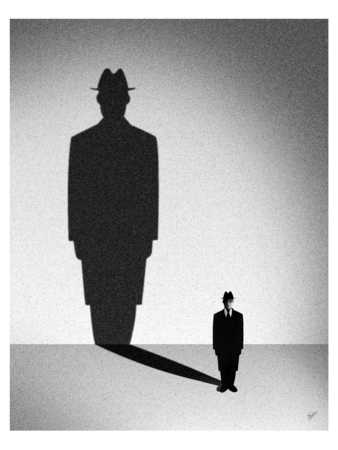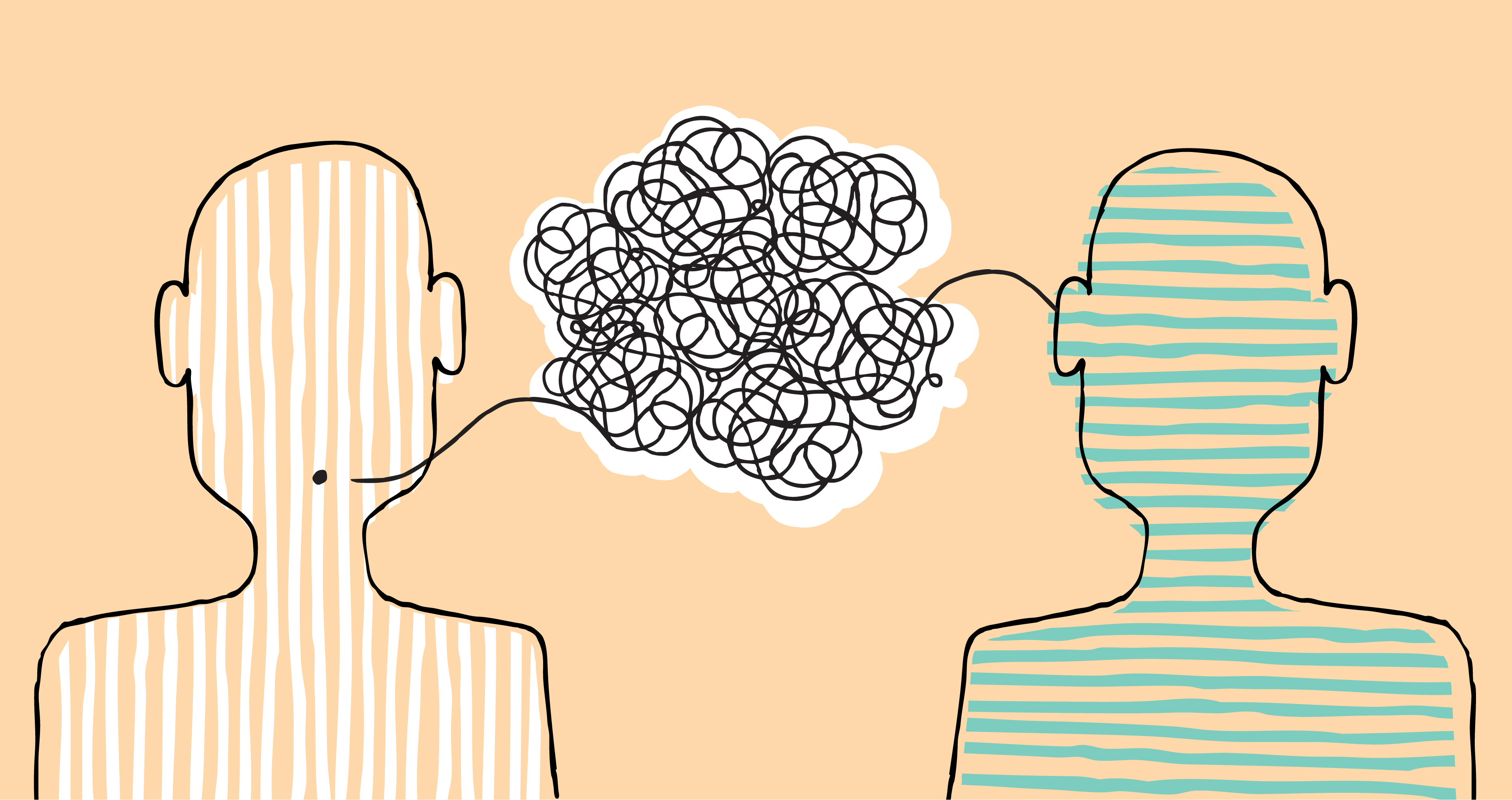Are you tired of repeating things to your children over, and over, and over, and over again? Are you scratching your head at the daunting task of being a good parent in an age of rapidly evolving technology? Do you wonder what you can do to leave behind not only financial but a wealth of knowledge to your children? Me too! And I don’t even have kids yet…or any that I know of!
Behold! Had A Dad* Youtube Channel!
The other night, Ace & I were chatting the wee morning hours away as I got off my shift as we sometimes do and the conversation drifted towards a vape that I had sent him. I bought it, discovered I didn’t like it and otherwise had no use for it, and sent it to Ace given he’s into vaping in his quest to quit smoking cigarettes.
He told me about how in the time it had spent in USPS limbo (I accidentally sent it to an old address of his), the vape solution leaked out in the box, got everywhere, and hardened. So, he had to clean his healthy gotten gain for hours before he could even enjoy it. He confessed he didn’t know how to use it and that the instruction booklet I’d included in the package wasn’t very helpful. He looked up it up on youtube but only really found product reviews that talked about its features, pros, and cons; and nary a video that actually described how to use it. I think he’s resigned to going to a vape shop to seek the arcane knowledge when it comes to the proper way to cast a spell by blowing vape rings…I mean, how to use the damn thing.
A light bulb appeared in my head and I mentioned that there was a youtube channel, Dad How do I? that was highlighted in the media about this guy who created a youtube channel that goes over basic house maintenance, things that people who grew up without a Dad probably wouldn’t know, given that the channel creator himself grew up without one.
Rob Kenney has been dubbed the “Internet’s Dad” after starting a Youtube
channel called “Dad, How Do I?” this past April — and his how-to videos
have since gone majorly viral.
…Kenney knows what it’s like not to have a dad to turn to growing up, and
tells PEOPLE that his own father’s absence was part of what inspired him to
start “Dad, How Do I?”“My dad left me as a teenager, and after that, I determined I would never
do that to my family,” he explains. “Now I am creating videos about things I
wish I knew how to do when I was younger.”
Ace mentioned how he thought of the idea about three years back and I told him that while he might be late to the party, it’s not too late to do something like that. The market is probably not saturated and even if he set up a channel that sees few views and nary a cent from monetization, those videos can still be extremely useful. As far as I know, he doesn’t have any young ones though does desire them someday. Should he pursue Fatherhood at an advanced age, he can leave behind these, “Dad How do I?” type videos as a combination of passing on knowledge to his children, but also leaving them behind a way to see him as he was at a certain time. A way to see that he loved them very much and I wanted them to know it and not just because he was showing them how to tie a tie. But because in the mess of life in the West today, bleak as the future may be, his love for his children compelled him to leave something substantial behind for them. Proof that despite all the weight on his shoulders, his love for his own compelled him to take time and effort out of what limited amount he had left, to leave his progeny something they can appreciate for the rest of their lives.
I too wish to do the same for my own, though my solution is not as elegant as video clips that can show tone of voice, facial expressions, body language, among other cues. I got the idea of a continuity book, like the one that anyone in a position of authority is supposed to leave for their successor. A book that has lessons learned, problems solved and how they were solved, unsolved mysteries, current problems, etc. so the oncoming officer can get a running start on his first day. I’d like to do the same with my life and see if I can’t capture some of those from my Dad, because I am afraid my memory will betray me long before I remember I want to pass knowledge at the moments I naturally would for my children.
I must admit, that is a small part of why I write this blog. Because my children will be allowed to read it at some point. And at that point, it will have advanced far beyond the once nearly single-minded pursuit of skirts to Fatherhood, being a good, moral person in a fallen world while accidentally booking yourself a ticket up or down too early by accident.
So, should I have children in the future like I hope to, this is to you guys.
Know that I love you very much. No matter what happens between us or the rest of the family, ultimately, it’s us against the world, always.
Love,
Wald
*Future Youtube Channel That He Will Someday….Soon


